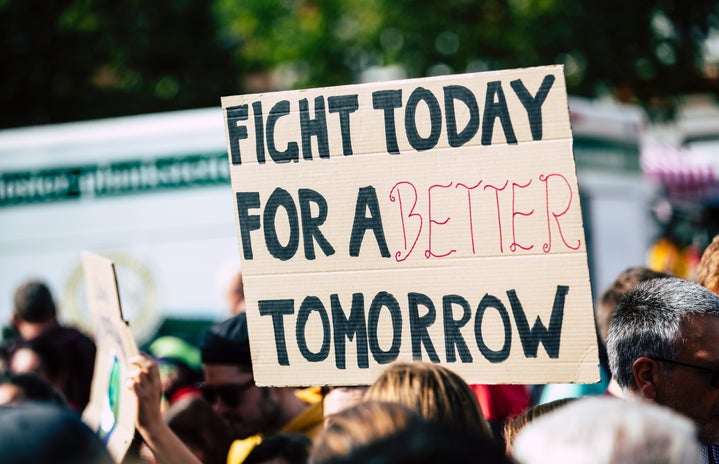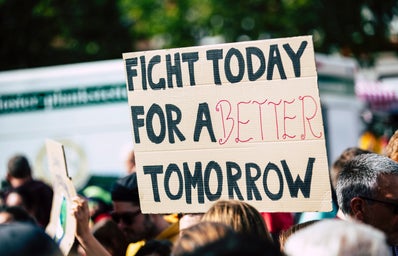Mahsa Amini, a 22-year-old woman, passed away at a small hospital in Iran on Friday, September 16th, 2022, after spending three days in a coma. She belonged to a Kurdish minority and came from an upper-middle-class family residing in northern Tehran.
Amini was arrested by Iran’s morality police, who accused her of breaking the law requiring women to cover their hair with a hijab, or headscarf, and their arms and legs with loose clothing. Reports indicate that the victim was beaten on the head with a baton after being forced into a van. Following this, her head was allegedly banged against one of the vehicles repeatedly by morality police officers. Video evidence and eyewitnesses are available to back up most of these claims; however, the Iranian police continue to deny any and all accusations related to the case.
The public statement released by the police states that Amini wasn’t mistreated at all and suffered “sudden heart failure” at the event.
After the Islamic Revolution in 1979, mandatory hijab policies came into effect along with the introduction of a morality police that many Iranians don’t condone to date. Since the gruesome murder of Mahsa Amini, Iranian women have taken the streets to protest against the heinous unnecessary, and disproportionate use of force on a young woman by Iran’s notorious morality police. Women are openly burning their hijabs and cutting their hair to stand in solidarity with the deceased.
This protest is being considered one of the most prominent displays of defiance against the Islamic Republic’s rules. At least seven protestors have been killed as of Wednesday, according to human rights groups in Iran.
While it’s absolutely critical to condemn Iran’s government and the morality police, it’s also essential to keep an eye out for the same old media tricks and propaganda. Most media coverage is either covertly or overtly promoting anti-Islam feelings, as well as judging Iran for being an “uncivilized” part of the world – Asia.
Media biases have always been deeply rooted in colonialism and white supremacy; it’s crucial to keep in mind the modern media prerogatives and rhetoric while we form our opinions on this case. Folks who claim to be “neutral” or “impartial” often have biases, meaning we have to consume media intentionally and actively be critical of it.
It is unacceptable to force women to wear hijabs, and it is also unacceptable to force them not to.


